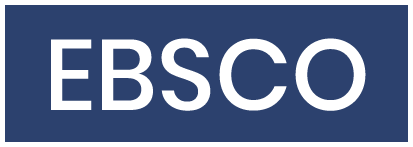Training requirements for agro-food industry in Portugal
Abstract
Agro-food companies are aware that the technical and soft skills of their employees directly influence business performance and, consequently, improving those skills will enhance the effectiveness and efficiency of their companies. This paper presents the main results of the AgriTraining project “Training requirements for the agro-food industry". Activities in pursuit of the objectives of this project involved: (1) analysis of the training needs in the agro-food industry in Portugal; (2) analysis of the training provision and the training organizations; (3) analysis of market trends; (4) definition of a training strategy; and (5) adjustment and development of training strategies for the agro-food sector. This last activity comprised the development of training curricula, suitable for the food sector as a whole and adjusted for the specific needs of some traditional industries, in order to promote the development and competitiveness of the agro-food industry in Portugal. Such training curricula aimed to promote the uptake of innovative technologies and methodologies, increase the ability of agro-food industries to invest and take risks, and enable adoption of European Community standards for production and marketing. Gaps in training supply were identified and the training provision was updated according to the needs of the agro-food companies. It was determined that companies need and demand knowledge and innovation to increase their competitive position for internationalization purposes. It was possible to define a training strategy based on market-orientation for agro-food differentiation.
Keywords
agro-food industry; skills; training needs; training provision; training strategies
Full Text:
PDFRefbacks
- There are currently no refbacks.










